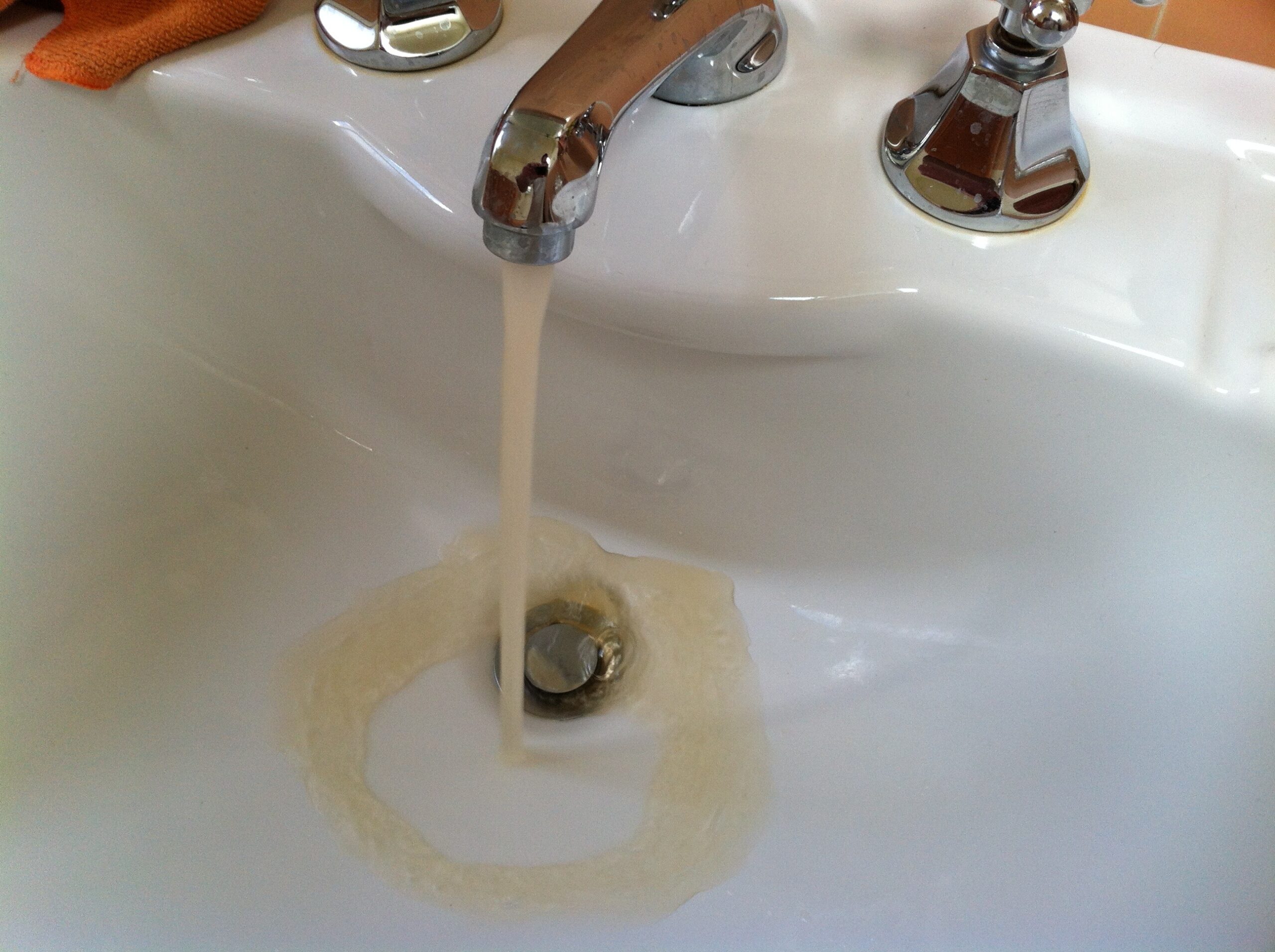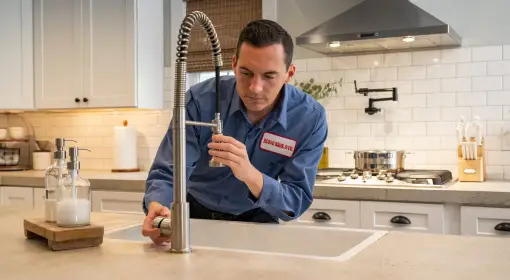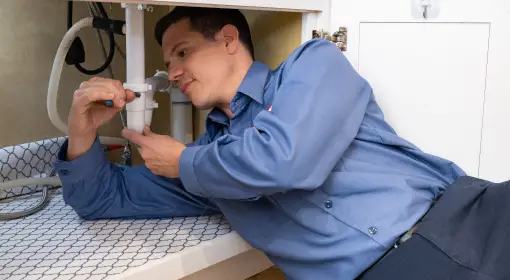
Clean drinking water is essential in all buildings. A backflow preventer prohibits contaminated water from entering a building’s water system. Most local municipalities require annual inspections of backflow preventers to ensure that the water in the building is flowing in the proper direction.
Russo Bros. & Co. is staffed with licensed backflow inspectors that can evaluate your system and ensure that your backflow prevention device adheres to code standards and is in proper working condition.
Contact us online or call (973) 887-1334 today to schedule a backflow prevention inspection and testing in Northern New Jersey.
Signs You Need Backflow Preventer Services
There are many indications that it’s time to service or replace your backflow preventer. If you notice any of the following, schedule a backflow preventer inspection right away:
- Decrease in water pressure
- Visible particulate within your water supply
- Water leaks
- Odd tasting water
- Discolored water
- Noxious odors emanating from faucets
- Slow drainage
Backflow Prevention Services
Our backflow preventer service may include:
- An analysis of the quality of the water in the building
- Relocation of the backflow to an accessible area near the water meter, if necessary
- Coordination of permits with your city’s water supply company
- A pressure test to ensure no backwash travels into the building
- Backflow preventer repairs
- New backflow preventer installations
Why Choose Russo Bros. & Co. for Your Backflow Prevention Inspection & Testing in New Jersey?
When you need a backflow prevention inspection and testing in Northern New Jersey, call Russo Bros. & Co.
We can assess the condition of your water supply and provide you with subsequent backflow preventer services, such as a repair or relocation if you need them.
When you trust our team for plumbing services, you’ll benefit from:
- Emergency repair
- Live operators who will answer your call 24 hours a day
- Honest, reliable service — we offer precise appointment windows and straightforward pricing
- Highly trained plumbers
- 100% satisfaction guaranteed
If you are ready to schedule your backflow prevention inspection, (973) 887-1334
Frequently Asked Questions
What is backflow, and how does it happen?
Backflow is water contaminated with human waste. It should flow through your sewer line and away from your home but instead is reversed and enters your clean water lines. This occurs when there is a significant change in water pressure that forces water in the wrong direction.
Common causes of backflow include clogged drains or sewers, damaged fixtures or fittings, broken water main lines, and construction work.
What is a backflow prevention test?
Homes are required to have backflow preventers installed. Backflow preventers are safety devices that are designed to stop the flow of nonpotable water before it can contaminate your water supply. Regular inspection and testing of your backflow preventer ensure the device can work reliably.
Inspection and testing include the gate and relief valves, gauges, and other components. We recommend scheduling a backflow prevention test every 12 months for optimal protection.
long does a backflow preventer last?
Backflow preventers will wear out over time, and it’s essential to replace them when they are no longer capable of providing dependable protection.
If your unit has leaks, worn-out components, cracks, or other damage, it’s time for a replacement. While all backflow preventers are different, a general rule of thumb is that you should plan on replacing the backflow preventer every five years.
Contact us online or call (973) 887-1334 today to schedule a backflow prevention inspection and testing in Northern New Jersey.






